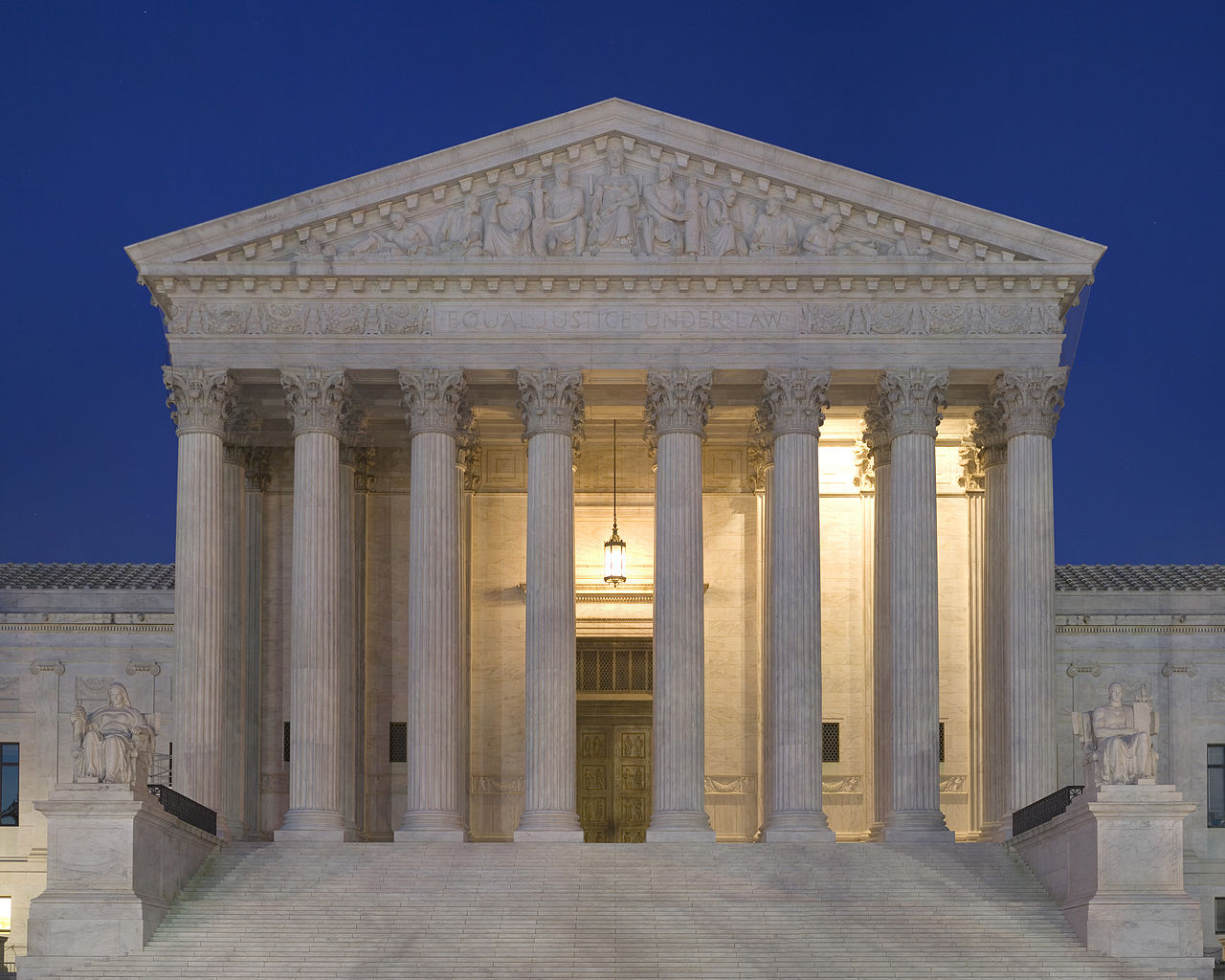Each term the Supreme Court reverses a number of lower court decisions denying police officers qualified immunity. White v. Pauly is the first of such cases this term. It is a win for law enforcement (which could have been bigger).
The Supreme Court issued a unanimous per curiam (unauthored) opinion overturning a lower court’s denial of qualified immunity to a police officer in an excessive force case. White v. Pauly was decided without oral argument.
Police officers went to Daniel Pauly’s house to get his side of the story that he was drunk driving. Daniel and his brother Samuel claim the officers stated they were coming in the house but failed to identify themselves as police officers. Officer Ray White arrived after the officers (inadequately) announced themselves. He hide behind a stone wall after hearing one of the brothers say “we have guns.” Daniel fired shots and Samuel pointed a gun at another officer. Officer White shot and killed Samuel.
The Pauly brothers claim that Officer White used excessive force in violation of the Fourth Amendment and should be denied qualified immunity.
State and local government officials can be sued for money damages in their individual capacity if they violate a person’s constitutional rights. Qualified immunity protects government officials from such lawsuits where the law they violated isn’t “clearly established.”
The Tenth Circuit denied Officer White qualified immunity reasoning that a reasonable officer in White’s position would have known he should have given a warning before shooting despite the seriousness of the threat.
A dissenting Tenth Circuit judge suggested the Supreme Court should review this case noting he was “unaware of any clearly established law that suggests… that an officer… who faces an occupant pointing a firearm in his direction must refrain from firing his weapon but, rather, must identify himself and shout a warning while pinned down, kneeling behind a rock wall.”
The Supreme Court agreed with the dissenting judge that Officer White violated no clearly established law in this case. “Clearly established federal law does not prohibit a reasonable officer who arrives late to an ongoing police action in circumstances like this from assuming that proper procedures, such as officer identification, have already been followed. No settled Fourth Amendment principle requires that officer to second-guess the earlier steps already taken by his or her fellow officers in instances like the one White confronted here.”
All three officers involved in this incident were sued, and the victory in this case is more limited than any of them would like. The Court expressed no opinion on whether the other officers in this case should be granted qualified immunity or whether Officer White could be denied qualified immunity on another basis.
